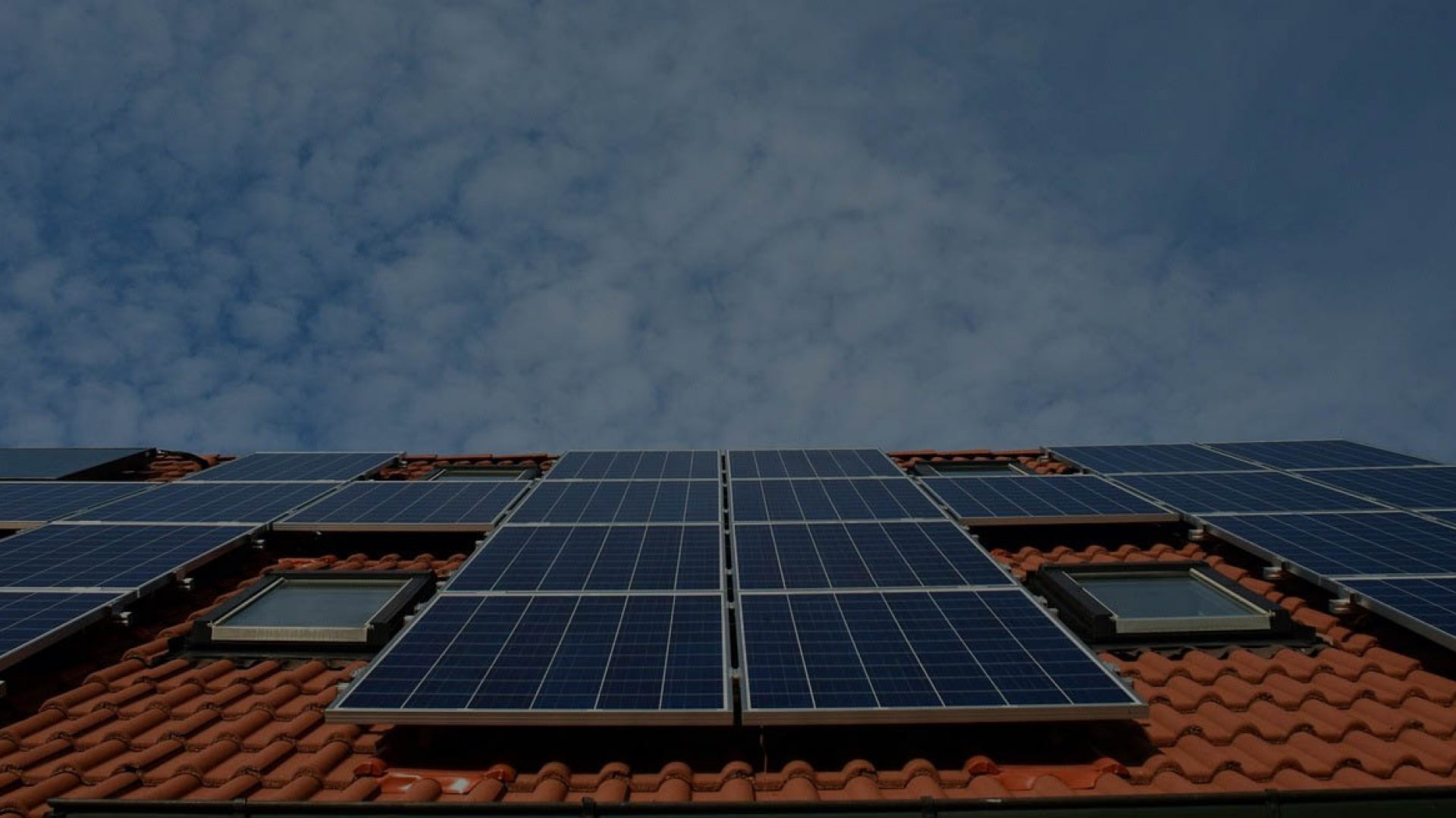Solar power systems have been very beneficial to both humans and the environment. Their emergence provided energy conservation which has extensively aided many households around the world. To ensure their high-quality services, several tools are associated, such as the rooftop DC isolator, a manual switch between the array, and the solar inverter that takes a massive role in the functionality of solar power systems.
Rooftop DC Isolator
Isolators are tools that are essential in regulating circuits of power sources. This is the function of the rooftop DC insulator that has made solar powers even safe and secure to use. These devices are operated in a manual manner using switches.
The switch for this device functions in the solar panels and solar inverter by turning off the DC. It is located beside solar panel arrays and is a great tool that serves as a mechanism for safety.
Consequences of Having Rooftop DC Isolators
Although the rooftop DC isolator is famous for the safety measures it brings to solar powers, there are still gaps and glitches observed, which may pose detrimental effects. One of the main issues that mainly cause disasters of hazards is the faulty installation of the device.
Other problems that have been associated with potential afflictions are water ingress and situations that lead the rooftop DC Isolator to overheat.
In the video below, Aron will give you a quick tip about the solar system and a DC isolator.
These issues undermine the importance of the device in solar power. More problems are reported than positive results. Instead of keeping the whole equipment safe, it sometimes is the source of unwanted conditions. However, why is rooftop DC Isolator still essential and required in solar panels?
Why Are Rooftop DC Isolator Still a Requirement?
Despite the damaging effects it may pose, a rooftop DC isolator continues to be a requirement for solar power systems. In NSW, solar power installations have raised to over 327 500 in 2015 and nearly 1,000,000 by August 2020. Individuals, including installers, have raised their concerns about the continuous use of the device.
Many sided in its removal for the installation because of its damaging consequences. In New Zealand, the installation of DC isolators is not required.
The requirement for this device continues because organizations, especially the Standards Committee, have not yet fully decided about the mandatory installation. It has to go further investigations and reviews to come up with a fixed solution. Though a proposal has already been created to support DC insulator installation, it will take a long time to process the issue.
Last Words
Rooftop DC isolators have important functions in the safety of solar powers. However, they pose more risks than security. That is why the installation of this device together with solar power systems should be critically observed.

